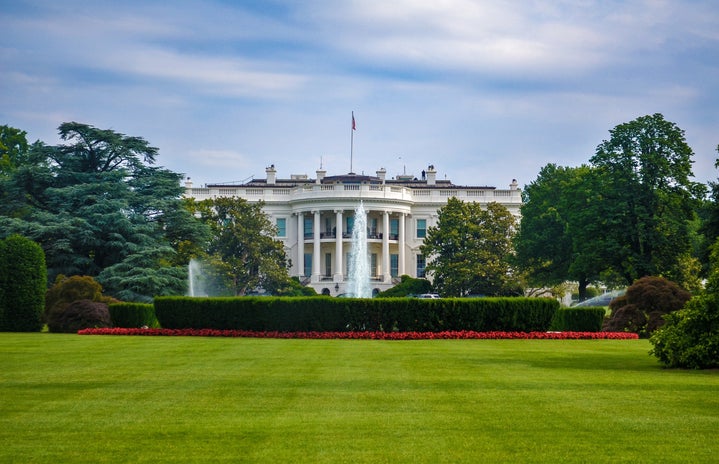The latest scandal surrounding Donald Trump is a lot to take in. Here’s an easy guide to understand what is going on.
It looks increasingly likely that Donald Trump will be the first president to be impeached since Bill Clinton in 1998. That was a whopping twenty-one years ago, and the circumstances are vastly different this time around. Clinton was impeached for lying about his affair with White House staffer Monica Lewinsky. Trump, meanwhile, is facing impeachment for a Quid pro quo arrangement he sought with the Ukrainian government in which Trump would continue to withhold military aid from the country unless they investigated Hunter Biden, Joe Biden, and Democratic activity in general during the 2016 election. Public hearings began on November 12. However, a conclusion will likely not be reached until 2020 at the earliest.
How exactly does the impeachment process work?
The first vote comes from the House of Representatives. If they indeed vote to impeach Trump, which is likely given that there’s currently a strong Democratic majority in that chamber, then that vote will act as something similar to a grand jury indictment–essentially saying that yes, he should actually go to trial. Said trial would take place in the Senate.
Supreme Court Chief Justice John Roberts would preside over the trial, as laid out in the Constitution. White House lawyers would serve as Trump’s defense team, while lawyers from the House of Representatives would prosecute.
Both sides can present evidence and call witnesses, as they would in a normal trial. Trump is already prone to vigorous self-defense on Twitter, but in the Senate, he would be under oath and subject to cross-examination. Two-thirds of the Senate must vote to convict the president to remove him from office, but a majority can vote to dismiss the charges at any time.
Why did all of this start?
The straw that broke the camel’s back was Trump’s call to recently-elected Ukrainian president Volodymyr Zelensky in July 2019. Zelensky asked for an increase in military aid. Trump said he would withhold it unless Ukraine conducted a handful of investigations. The two most notable requests Trump made were to investigate a bizarre conspiracy claiming that Democratic servers were in Ukrainian possession and to investigate and smear Joe and Hunter Biden as corrupt. An anonymous whistleblower leaked the news of the call and subsequent White House cover-up, and now here we are.
What’s happening in these hearings?
House Republicans, after weeks of advocating for public hearings, have abruptly pivoted to wanting closed-door hearings. Why? In the transparent words of Republican Representative Mark Meadows, “I don’t know about you, but it’s hard for me to stay awake and listen to all of this.” However, there has already been a significant bombshell . Bill Taylor, the American ambassador to Ukraine, testified Wednesday that a member of his staff overheard a phone conversation between Trump and Gordon Sondland, the American ambassador to the European Union. Trump asked how the investigations were going, and Sondland replied that the Ukrainian government was ready to proceed further. Adam Schiff, the Democratic chair of the House Intelligence Committee, asked for clarification: was Trump more concerned about the investigations he requested than the aid our country is supposed to provide to Ukraine to help them deal with Russia? “Yes, sir,” Taylor said.
So what’s going to happen next?
Who knows? In all likelihood, the House will vote to impeach. Despite hollow, spluttering Republican denials, the Quid pro quo is obvious and proven by the White House’s boneheaded decision to release the official transcript of the original call. Once the trial moves to the Senate, however, things will become murkier. Trying to make an accurate prediction about politics is a fool’s game. After all, we all thought Hillary would win the 2016 election, and look how that turned out.



